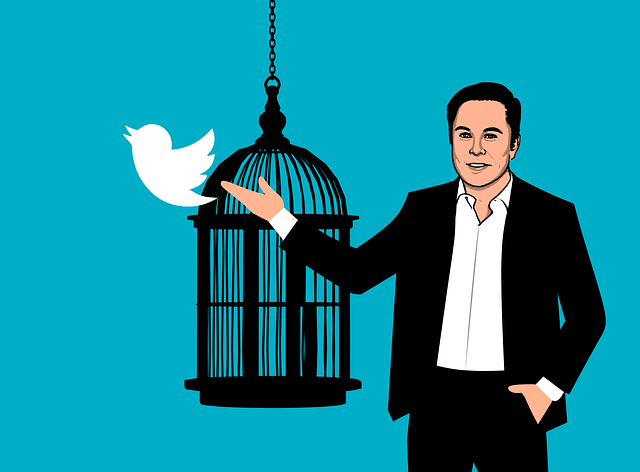A recent social media clash between Elon Musk and former Republican congresswoman Liz Cheney has reignited questions about the billionaire’s citizenship and eligibility for political office. Here’s what you need to know about the drama and Musk’s background.
The Cheney-Musk Feud
The spat began when Musk criticized Liz Cheney’s early career ties to the U.S. Agency for International Development (USAID), calling it a “criminal organization” and advocating for its abolition. Cheney, a vocal critic of Donald Trump and the MAGA movement, fired back by highlighting Musk’s immigrant background:
“You may be unfamiliar with [America’s history of defending freedom] since you weren’t yet an American citizen.”
Cheney’s jab refers to Musk’s path to U.S. citizenship—a detail that’s now under fresh scrutiny.
Is Elon Musk a U.S. Citizen?
Yes. Musk was born in Pretoria, South Africa, but moved to the U.S. in 1992 at age 21 to study at the University of Pennsylvania. According to his biography by Walter Isaacson, he became a naturalized American citizen in 2002.
-
Visa Journey: Musk arrived on a J-1 student visa, later switching to an H-1B work visa (commonly used for skilled foreign workers).
-
Political Eligibility: While Musk can’t run for president (the Constitution requires candidates to be natural-born citizens), he could hold other federal roles, such as a cabinet position.
Musk’s Other Citizenships
Musk holds dual citizenship with South Africa and Canada:
-
South Africa: His birth country.
-
Canada: Through his mother, Maye Musk, who was born in Canada. He obtained a Canadian passport in 1989 and briefly studied at Queen’s University in Ontario before moving to the U.S.
What About His Kids?
Musk’s 12 children have ties to multiple nationalities:
-
Canadian Citizenship: All his children inherit Canadian citizenship through their mothers (Justine Wilson, Grimes, and Shivon Zilis are all Canadian).
-
U.S. Citizenship: Kids born in the U.S. automatically gain American citizenship—though this could change if birthright citizenship laws are revised.
Why Does This Matter?
The debate over Musk’s citizenship comes amid his growing influence in politics. He’s currently advising the Trump administration on cost-cutting measures for federal agencies, including USAID. Critics argue his immigrant background could complicate his role in shaping U.S. policy, while supporters see it as proof of the “American dream.”
Cheney’s comments reflect broader tensions over national identity and political power. For now, Musk remains a U.S. citizen—but the conversation raises questions about how citizenship shapes public perception and political ambition.
Final Takeaway:
While Musk can’t aim for the White House, his global background and citizenship status keep him at the center of political and cultural debates. Whether this fuels his influence or limits it remains to be seen. What’s your take? Let us know in the comments!

